In the nineteenth century, the parish of Pâclișa was a rather small one compared to other parishes in the area of Alba Iulia. This parish became known through the actions of the priest Nicolae Cado who served that parish from 1878 to 1925. He was the author of an appreciated parish chronicle and the quality of his chronicling and his organizational efforts distinguish Cado among Transylvanian rural intellectuals of his age.
The history of Transylvanian villages was often closely shaped by local figures whose destinies were strongly entwined with those of the community they served. One such example can be found in the story of Pâclișa village (now a neighbourhood of Alba Iulia). In this village, over much of the past 200 years, one family provided a dynasty of priests. The most important member of this family was the priest Nicolae Cado who served the parish for 47 years from 1878 to 1925. His father, Nicolae Cado Sr, was also the priest in Pâclișa. His maternal grandfather was the priest Clemente Popoviciu, from the same parish, whose connection to the priesthood dates back to the eighteenth century.
Nicolae Cado attended the state school in Partoș followed by courses at the Roman Catholic school: the gymnasium of Alba Iulia. Initially he enrolled in philosophy but failed, and subsequently attended classes in theology in Sibiu. He graduated in 1877. He was also secretary of the Consistorial Chancery and upon being anointed as a priest he served for a short period in the Iosefini parish in Sibiu. On 1 January 1878 he became the priest of his native parish.
Nicolae Cado worked as a notary for the Alba Iulia Archpriest District and was a member of the Alba Iulia department of the Transylvanian Association for Romanian Literature and the Culture of the Romanian People. He showed an altruism that was not exceptional among the intellectuals of his time, donating his wealth to a fund to support the construction of a new church and parish house in Pâclișa. This dream collapsed with the policy of monetary stabilization introduced immediately after the Second World War in Romania.
During his long career he saw great historical changes, having lived under the Habsburg, Austro-Hungarian and Romanian regimes. He described, in Transylvanian dialect, the events of village life, such as the participation of the inhabitants of Pâclișa in the Great National Assembly at Alba Iulia on 1 December 1918. This is what Cado recorded about that episode: “After all came together, I went into the street dressed in cassock and gave an encouraging speech. Then we all said Pater noster and God help, all making the sign of the Holy Cross. Then we all sung the national anthem, Awake, Romanians! Finally we arranged ourselves in rows and started off.” He wrote of his joy at a visit he made to the Kingdom of Romania in 1906, ending the description “thanks to God for helping me be able to visit Romania, Bucharest, Constanța, the Danube and the Black Sea”.
The most valuable work left by Cado is the Register of the Orthodox Parish of Pâclișa, a chronicle of the village written with native skill and in the beautiful language of his time. He did not limit himself to descriptions of contemporary events but also studied marginal notes in the liturgical books of the parish left by the priests who served before him. His example provided an incentive to later priests of the parish who continued the work he began well into the middle of the twentieth century. He also tried to write a short chronicle of Inuri parish where he served as priest. In 1937, Alexandru Baba described Cado as “Scholar, priest and true chronicler,” noting that “he could have illustrated with excellent competence a statistical office or a fiscal service for the entire patriarchate”.
Nicolae Cado’s image is preserved in photographs from 1912 and 1914. In them we see the firm but serene face of a priest, pastor of souls and worker for the benefit of his church and parishioners, nearing old age. The photo does not reveal his qualities: the deeds of this priest were revealed in his recently published account of the parish. Although he was born and lived in the dust of the rural world, he strove for the benefit of his fellow villagers in a small village ever increasingly affected by the great historical events of his day.(C.I.P.)

